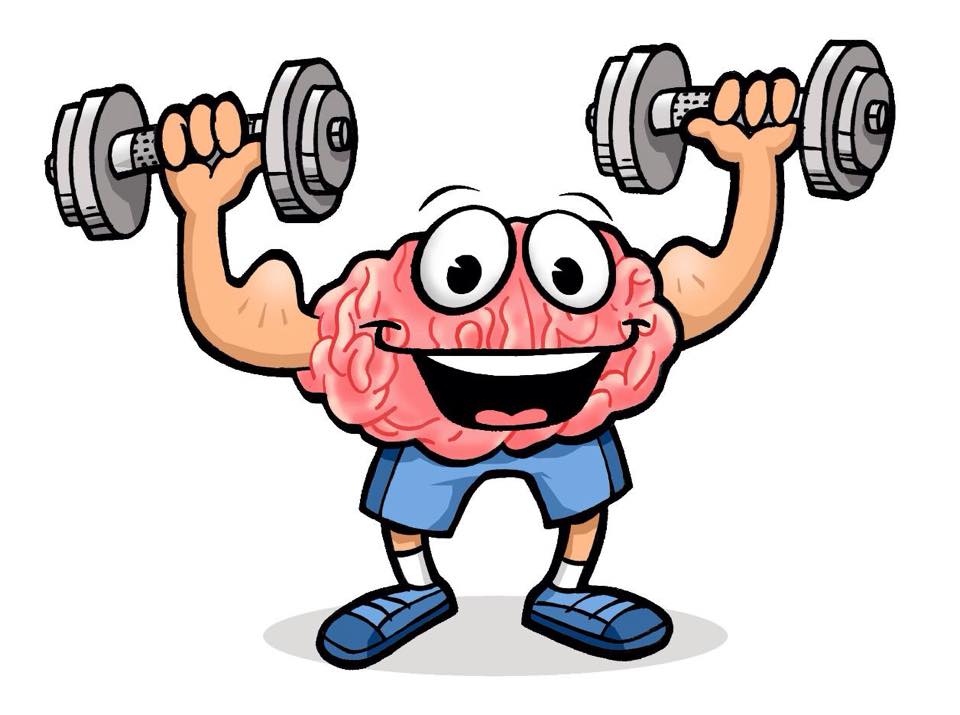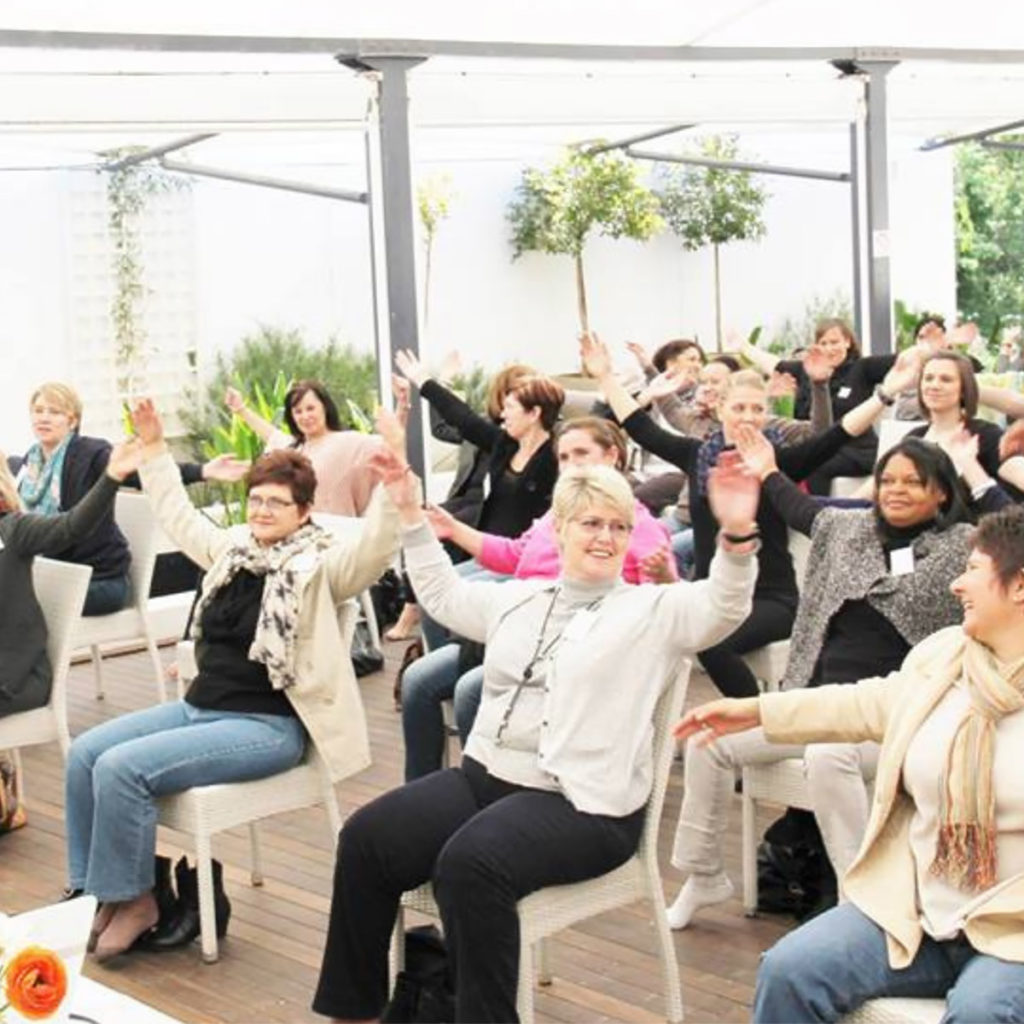Preventing Dementia: Exercise and Dementia
Preventing Dementia by Moving Your Body
 Want to reduce your risk of dementia? Exercise! And we don’t mean grueling runs, or back-breaking weight lifting – something as simple as 20-30 minutes of moderate physical activity several times a week, such as gardening or cleaning, can reduce your risk of dementia. Some other options: walking, an easy bike ride, dancing, and of course – Ageless Grace, the best brain/body exercise program there is!
Want to reduce your risk of dementia? Exercise! And we don’t mean grueling runs, or back-breaking weight lifting – something as simple as 20-30 minutes of moderate physical activity several times a week, such as gardening or cleaning, can reduce your risk of dementia. Some other options: walking, an easy bike ride, dancing, and of course – Ageless Grace, the best brain/body exercise program there is!
What if you’ve been a couch potato all your life and you’ve never exercised before? That’s ok! Research shows that it’s never too late to start and that people who begin exercising late in life still see benefits.
Here’s the bottom line: when it comes to exercise and keeping your brain healthy, the best time to start is NOW!
Not convinced? Here are some interesting facts:
- Patients with dementia had better scores after 6 – 12 months of exercise compared to sedentary controls.
- Some studies showed signficant reductions in dementia risk linked to midlife exercise.
- Midlife exercise reduces risks of mild cognitive impairment.
- Healthy adults who did aerobic exercise also showed significantly improved cognitive scores.
- In one large trial of seniors, one year of exercise was linked to significantly larger hippocampal volumes and better spatial memory (cross-sectional studies comparing physically fit with unfit seniors appear to confirm this evidence).
- In other trials with seniors, aerobic exercise was linked to a smaller loss of age-related gray matter.
- MRI scans showed that connectivity in brain cognitive networks improved after 6 to 12 months of exercise.
- Animal studies suggest exercise increases neuroplasticity by several biological routes, resulting in improved learning.
- Animal studies also show exercise increases brain neurotrophic factors (these help grow and repair brain cells), and there is indirect evidence of the same in humans.
- Exercise may also lessen cognitive decline by cutting cerebrovascular risk, including small vessel disease, which leads to dementia.
Here are some additional articles to help you understand more about preventing dementia and how exercise affects your brain and body:
Physical exercise as a preventive or disease-modifying treatment of dementia and brain aging
